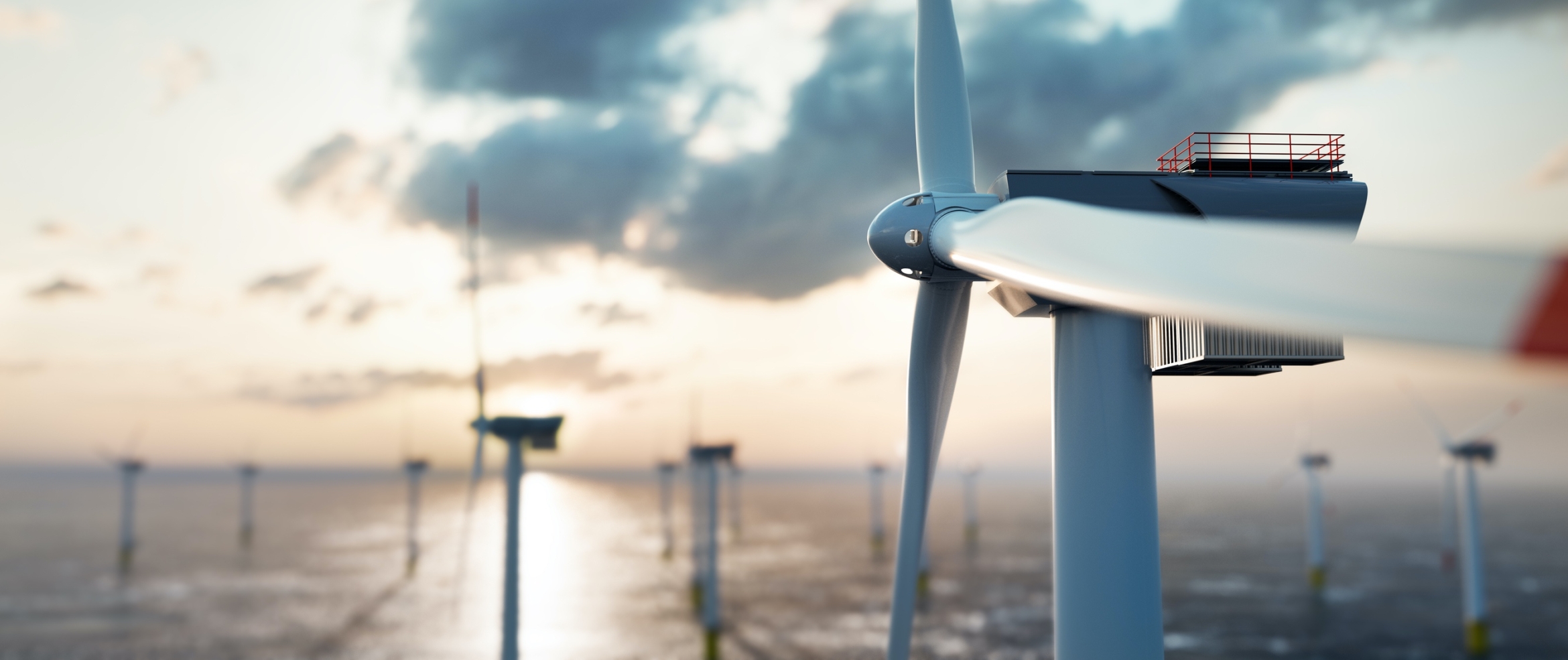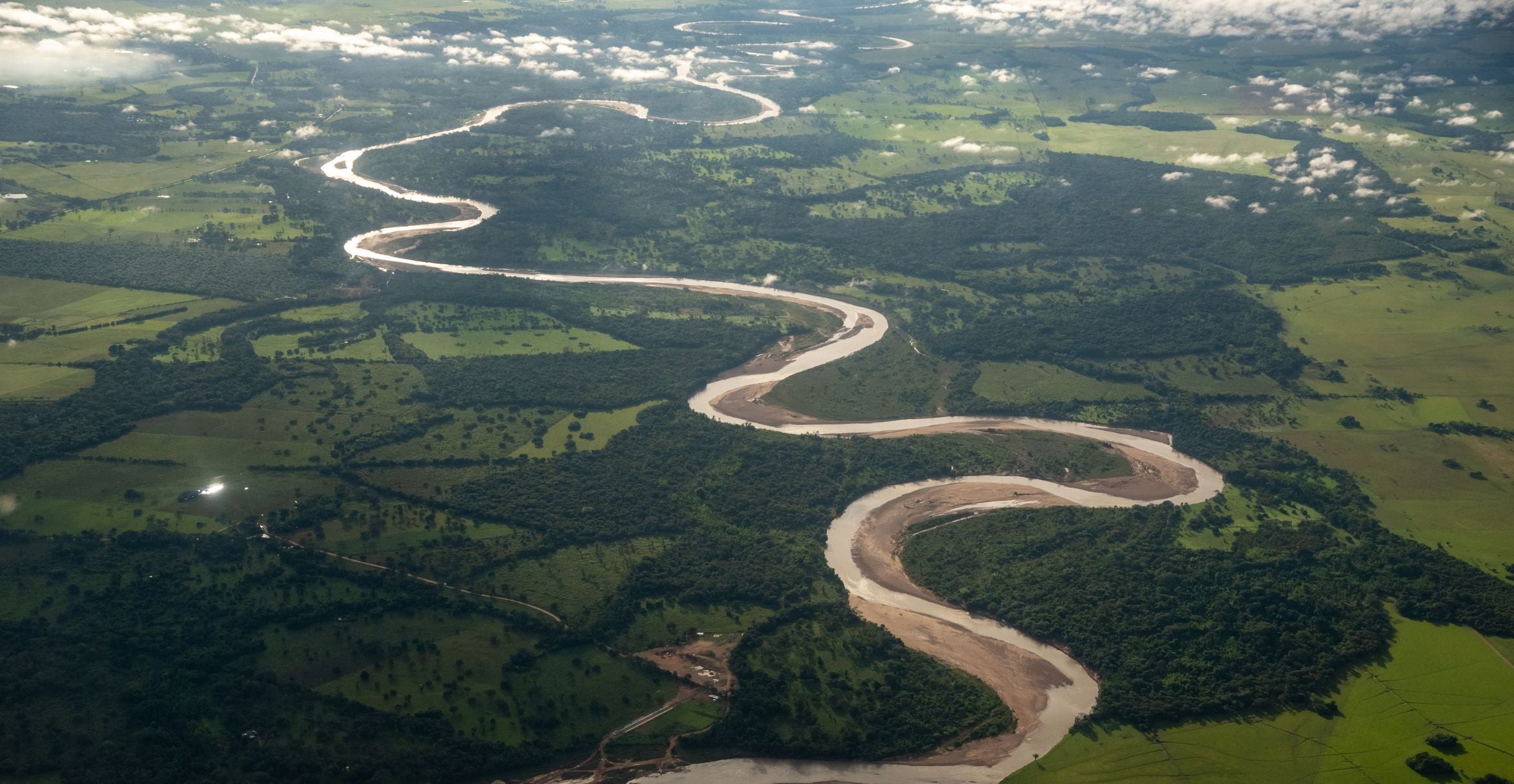
Researchers poised to study the joint effects of climate change and offshore wind energy development on U.S. West Coast fisheries
Offshore wind energy is just around the corner for the United States’ West Coast, in an effort to transition away from fossil fuels and toward renewable energy generation. As the Bureau of Ocean Energy Management (BOEM) begins to issue leases for several offshore wind energy projects off the West Coast within the next decade, potential conflicts arise. How will offshore wind development affect the fishers who use the same stretch of the Pacific? How will climate change affect these uses?
These are the questions before researchers at UC Santa Barbara’s Environmental Markets Lab (emLab), who work to align environmental objectives and economic incentives in support of sustainable livelihoods and a resilient planet. The installation of floating wind turbines is expected to generate complex issues of space and safety between all users of the offshore region. In previous research, emLab scientists investigated the potential effects of offshore wind infrastructure on West Coast fish stocks and fishers. Armed with a new $1.1 million grant from BOEM, emLab is ready to add climate change to the mix, incorporating climate model projections of ocean warming along the U.S. West Coast.
“We’re adding this dimension of climate change,” emLab research scientist Tracey Mangin explained, “to ask how we might expect climate change to affect these fish populations and fisheries. Are there interactions here between the effects of climate change and the impacts of offshore wind? What are some mitigation strategies that could benefit these stakeholders?”
The work involves generating models from available data sets, as well as engaging stakeholders in California, Washington and Oregon. In addition to BOEM, emLab will be collaborating with the National Oceanic and Atmospheric Administration (NOAA) over the two-year life of this project. The teams will work together to generate solutions that will allow fishers and fisheries to flourish while also harvesting wind energy.
“In California, BOEM received bids totaling just more than three-quarters of a billion dollars for five offshore wind energy leases. These leases contain incentives for energy companies to provide support to reduce the impacts of offshore wind farms to ocean users and coastal communities.” said Chris Free, a UCSB research professor working on the project. “We want to figure out what new infrastructure, forecasting tools, policy reforms, or other interventions could reduce the burden of climate change on fishermen which can be implemented via the future commitments offshore wind companies are obligated to make.”
Sonia Fernandez
Senior Science Writer
(805) 893-4765
sonia.fernandez@ucsb.edu



